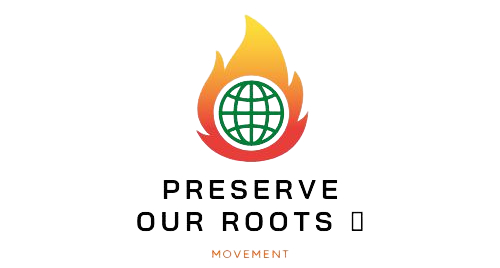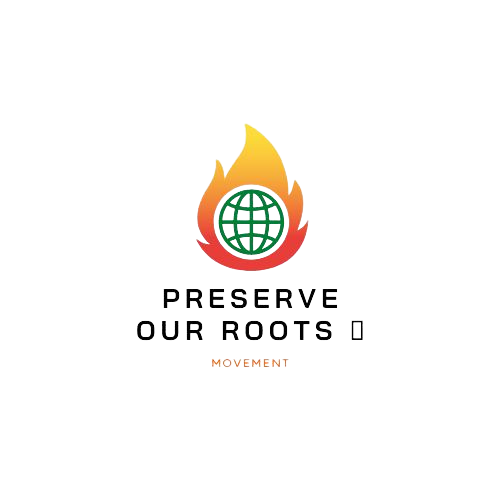Breaking the Cycle: Addressing Unjust Child Labor and Child Begging in Lagos
Lagos, Nigeria’s economic powerhouse, is a city teeming with life and opportunity. Yet, beneath the surface of its vibrant streets lies a grim reality: countless children are ensnared in the web of child labor and begging. This pervasive issue, driven by poverty, lack of education, and systemic failures, demands urgent and comprehensive action. Through the voices of affected individuals and statistical insights, we can better understand and address this critical challenge.

The Realities By the Numbers
According to a 2020 report by the International Labour Organization (ILO), over 43% of children in Nigeria, aged 5 to 17, are engaged in child labor. In Lagos, the bustling economic center, the numbers are particularly alarming. UNICEF estimates that tens of thousands of children are involved in street begging, with many more working in hazardous conditions in markets, construction sites, and domestic settings.
Let us look at this issue through a fictionalized case study that is the reality for millions of Nigerian children. Amina, a 10-year-old girl spends her days selling sachet water at a busy intersection in Lagos. “I have to help my family,” she might say. “If I don’t sell, we don’t eat.” Many other children like her, are trapped in a cycle of poverty and labor.

Breaking Down the Cycle:
- Poverty: The primary driver of child labor and begging is extreme poverty. Many families live below the poverty line, struggling to meet basic needs. Children like Amina work to supplement their families’ incomes, often at the expense of their education and well-being.
2. Lack of Education: Limited access to quality education perpetuates the cycle of poverty and child labor. Many families cannot afford school fees, uniforms, or supplies, leading children to drop out and enter the workforce prematurely.
3. Weak Social Protection Systems: Insufficient social safety nets leave vulnerable families without support. The absence of effective welfare programs means that when families face financial crises, children are often the first to bear the brunt.
4. Trafficking and Exploitation: Child trafficking remains a significant issue. Children are lured to urban centers with false promises of education or employment, only to be exploited in labor or begging rings.

Government Intervention: A Multi-Pronged Approach
- Strengthening Legislation and Enforcement: Existing laws against child labor and trafficking must be rigorously enforced. The Nigerian government should bolster the capacity of law enforcement agencies to identify, prosecute, and punish offenders. Establishing specialized units focused on child labor cases can ensure dedicated and effective action.
2. Expanding Social Welfare Programs: Implementing comprehensive social welfare programs can provide a safety net for vulnerable families. Conditional cash transfers, food assistance, and healthcare support can alleviate the financial pressures that drive child labor and begging. For instance, programs like the National Social Safety Nets Project (NASSP) could be expanded to reach more families in need.
3. Ensuring Education Access: Making education free, compulsory, and accessible is crucial. The government must invest in building and maintaining schools, particularly in underserved areas, and provide scholarships or incentives to families. School feeding programs can also reduce the financial burden on families and encourage school attendance.
Community and Civil Society Involvement
- Community Awareness Campaigns: Raising awareness about the dangers and illegality of child labor and begging is essential. Community leaders, NGOs, and local media can collaborate to educate parents and caregivers about the long-term benefits of education and the risks of child exploitation.
2. Empowering Communities: Grassroots initiatives that empower communities to take collective action against child labor and begging can be effective. Community watch groups can monitor and report instances of child exploitation, and local support networks can provide assistance to vulnerable families.
3. NGO Partnerships: Non-governmental organizations play a vital role in addressing child labor and begging. NGOs can provide direct support to affected children through shelters, rehabilitation programs, and educational initiatives. Partnerships between NGOs and the government can enhance the reach and impact of these efforts. For example, the NGO “Street Child” works to reunite street children with their families and get them back into education.
Sustainable Economic Solutions
- Skills Training and Employment Opportunities: Providing skills training and creating job opportunities for parents and older siblings can reduce the economic necessity of child labor. Vocational training programs and microfinance initiatives can empower families to achieve financial stability and break the cycle of poverty. Organizations like the Lagos State Employment Trust Fund (LSETF) can play a pivotal role in these initiatives.
- Promoting Fair Trade Practices: Encouraging businesses to adopt fair trade practices and child labor-free supply chains can address the demand side of the problem. Companies should be incentivized to ensure that their products are not tainted by child labor, and consumers can be educated to support ethically produced goods.

